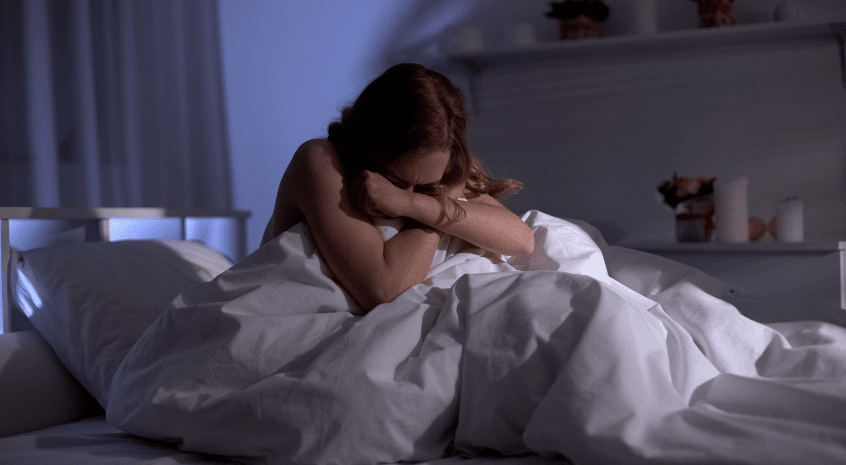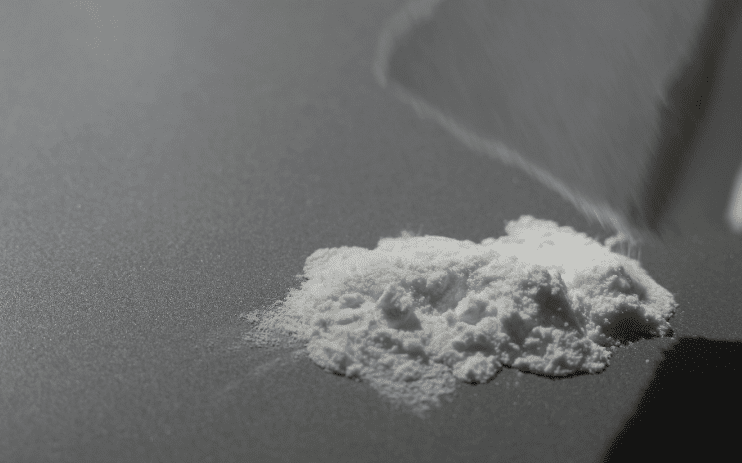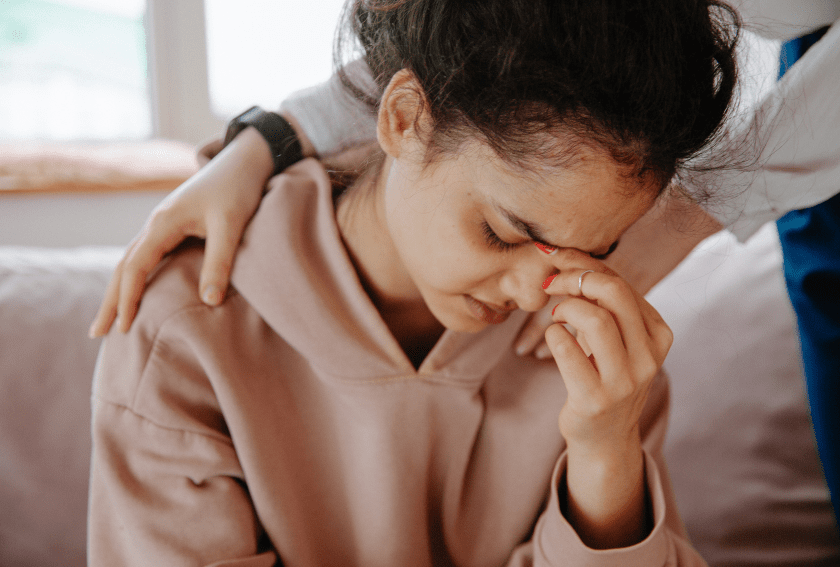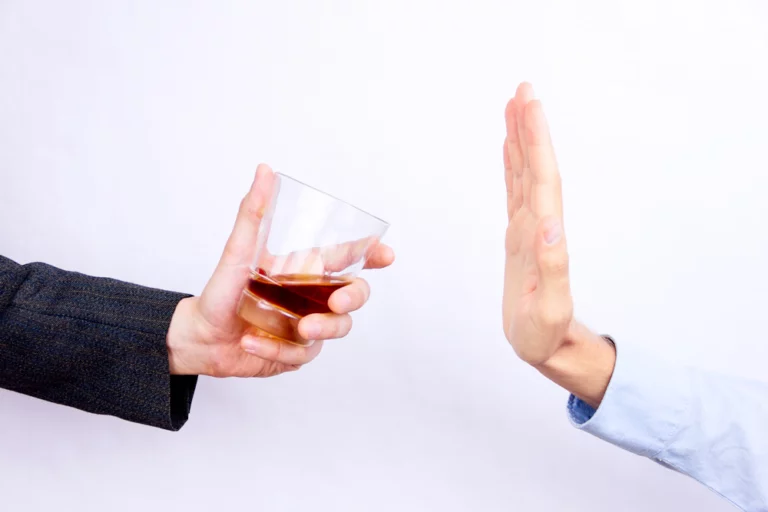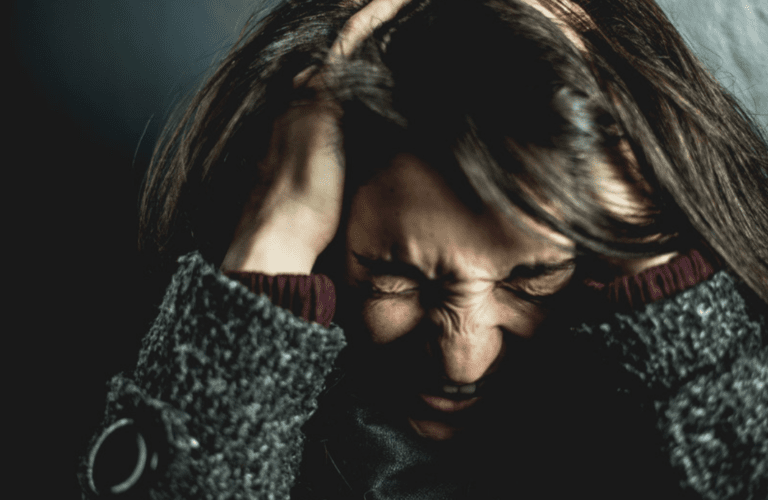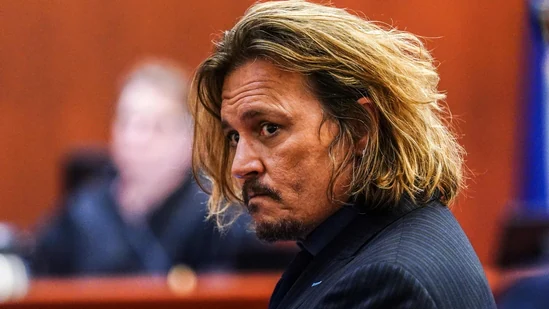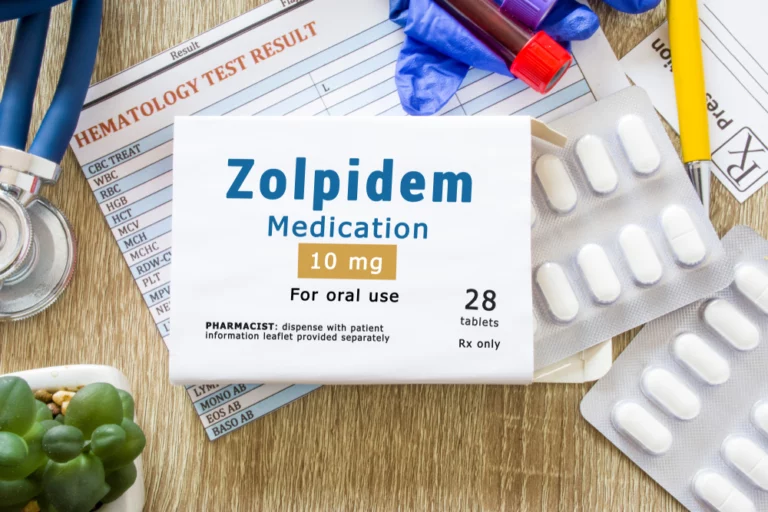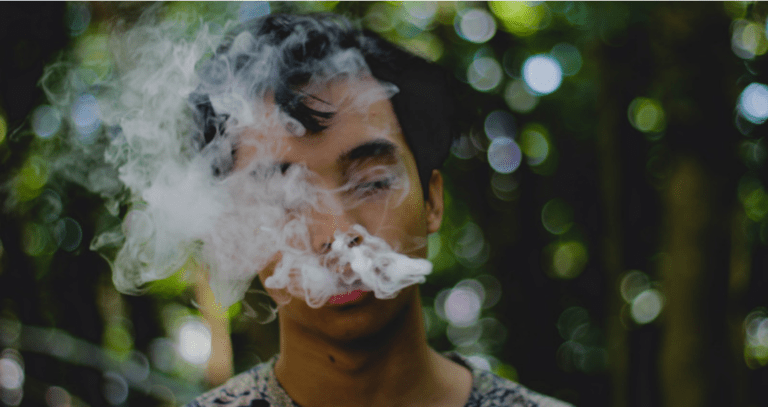Can Cocaine Addiction Cause Anxiety?
Cocaine addiction is just as serious as any other substance abuse disorder. Cocaine is a stimulant and, in turn, has different effects on different personalities. Some individuals who abuse cocaine feel intense pleasure or euphoria, talkative, and confident, whereas others report feeling angry, anxious, or paranoid.
Those who abuse cocaine say that it makes them feel more energetic and able to socialize more freely and easily. On the other hand, the crash from a cocaine withdrawal is known to be particularly unpleasant.
Cocaine addiction is tragic for many reasons. One reason is how quickly a person can form a habit. Once a habit is formed, it’s possible that a person can struggle to find pleasure in activities they once enjoyed without using cocaine. This is because cocaine hijacks our pleasure hormones (like serotonin and dopamine) and replaces the joy once found from other natural highs to a fixation on cocaine as the source for all pleasure.
If you or someone you care about is struggling with cocaine addiction, it’s important to know that early intervention is ideal. Recovery is always possible but there are long-term physical, psychological, and emotional tolls of cocaine use that can cause permanent harm. Reach out to (Facility Name) today at [Direct] to speak with a specialist about the benefits of our cocaine addiction treatment program today.
The Connection between Cocaine and Anxiety
Short-term use of cocaine can cause individuals to feel intense pleasure. It can also cause some to experience intense anxiety. Other common symptoms associated with cocaine abuse include:
- Anger
- Agitation
- Irritability
- Restlessness
- Mood instability
- Risky decisions
- Hallucinations
Because cocaine is a stimulant, it speeds up your brain’s processing. This can feel good for some individuals but in others it creates anxiety. Anxiety is a common response to cocaine withdrawal. The “crash” after cocaine use can cause individuals to lose sleep and this can further increase feelings of anxiety and stress.
The cycle of abuse can cause anxiety. Obtaining cocaine can be a stressful process. Maintaining a work-life balance can become increasingly difficult for those with cocaine addiction. A person who is abusing cocaine may be surprised by their own behaviors and this may cause feelings of anxiety and distress. Relationship issues as a result of cocaine abuse can also cause anxiety and other mental health issues.
For an individual who has used cocaine as a method of self-medicating, they may not be surprised to feel symptoms of anxiety. For those who are unfamiliar with anxious feelings, it’s possible that anxiety may be particularly distressing. Cocaine can trigger acute anxiety disorder symptoms including:
- Panic attacks
- Stuck thoughts
- Flight of ideas
- Compulsive behaviors
- Shakiness or tremors
- Sweating
- Nausea
- GI issues
Signs of Cocaine Addiction
It’s important to be aware of the signs and symptoms of cocaine addiction so you can intervene if a loved one, friend, or colleague appears to be heading down a dark road. Common signs of cocaine abuse can include:
- Increased stress and anxiety
- Increased agitation
- Mood swings
- Changes in routine or behavior
- Staying awake extremely late
- Staying out extremely late
- Not returning home until the next morning
- Work issues, calling out often, or missing work
Common symptoms of cocaine abuse can include:
- Frequent runny nose
- Excessive sniffling
- Nosebleeds
- Hoarse throat
- Shaking
- Nausea
- Rapid weight loss
- Paranoia
Breaking the Cycle of Cocaine Addiction
If you or someone you loved has developed a cocaine addiction or dependency, we encourage you to reach out to the professionals at Oasis Recovery to learn more about our personalized treatment programs and mental health services. Recovery is always possible. Our experts work with you to design a treatment plan that fits your needs. Common treatment programs include:
- Intensive Outpatient Programs (IOP)
- Partial Hospitalization Programs (PHP)
- Aftercare Services
Our highly skilled counselors provide traditional and holistic mental health services that include:
- Cognitive Behavioral Therapy (CBT)
- Dialectical Behavior Therapy (DBT)
- Individual therapy
- Group therapy
- Family therapy
Contact us today for more information about how our programs and services can help you get your life back on track.



